
Nurturing Little Problem Solvers: Building Problem-Solving Skills in Toddlers
Nurturing Little Problem Solvers: Building Problem-Solving Skills in Toddlers
Problem-solving skills are essential for navigating the challenges of everyday life. Even toddlers can begin developing these skills as they encounter various obstacles and puzzles in their early years. In this blog, we will explore the importance of problem-solving skills in toddlers, discuss their benefits, and provide practical strategies to help nurture and strengthen these skills during this formative stage of development.
The Importance of Problem-Solving Skills in Toddlers:
Problem-solving skills empower toddlers to overcome obstacles, think critically, and develop a sense of independence. Here are some reasons why these skills are crucial:
1. Critical Thinking and Reasoning:
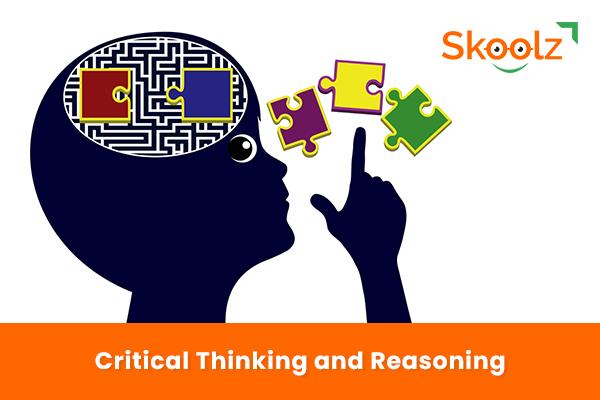
Problem-solving encourages toddlers to think critically and analyze situations. It stimulates their cognitive development, promotes logical reasoning, and enhances their ability to make informed decisions.
2. Resilience and Persistence:
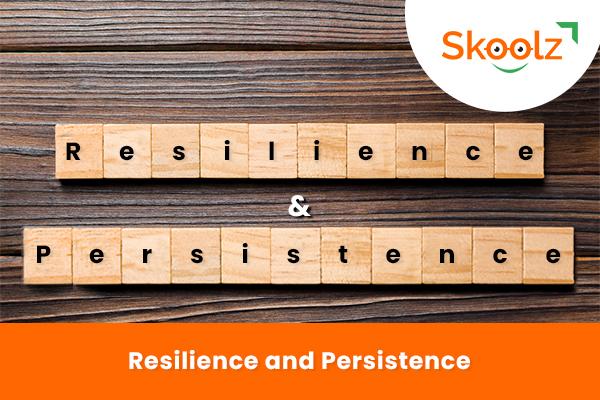
When faced with challenges, problem-solving skills help toddlers develop resilience and persistence. They learn to persevere, try different approaches, and overcome setbacks, fostering a growth mindset and a positive attitude toward learning.
3. Creativity and Innovation:
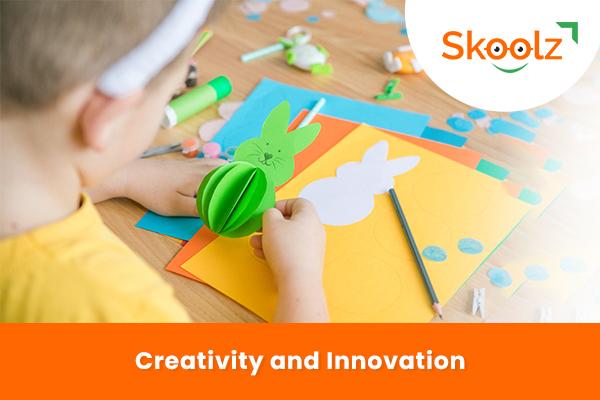
Problem-solving often requires thinking outside the box and generating creative solutions. Toddlers who develop problem-solving skills are more likely to become innovative thinkers, able to adapt and find unique approaches to different situations.
4. Independence and Autonomy:
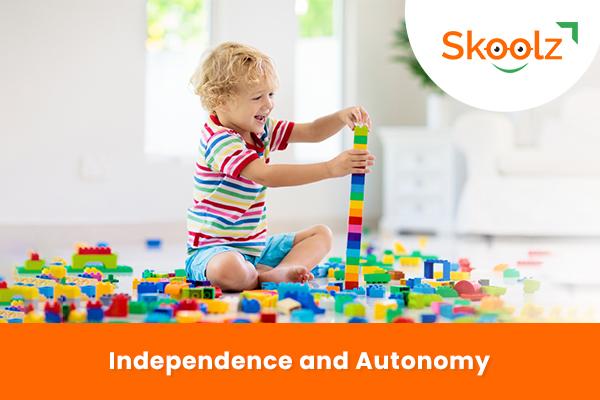
By developing problem-solving skills, toddlers gain a sense of independence and autonomy. They become more confident in their abilities to overcome obstacles and find solutions on their own, fostering a sense of empowerment and self-reliance.
Practical Strategies to Develop Problem-Solving Skills in Toddlers:
Here are some practical strategies to foster problem-solving skills in toddlers:
1. Encourage Independent Exploration:

Provide a safe and stimulating environment that encourages independent exploration. Offer age-appropriate toys, puzzles, and activities that challenge toddlers to think and problem-solve on their own.
2. Offer Open-Ended Questions:

Engage toddlers in open-ended discussions and questions that encourage critical thinking. Ask "What if..." or "How might we..." questions to stimulate their problem-solving abilities and encourage them to explore different possibilities.
3. Break Down Problems into Smaller Steps:
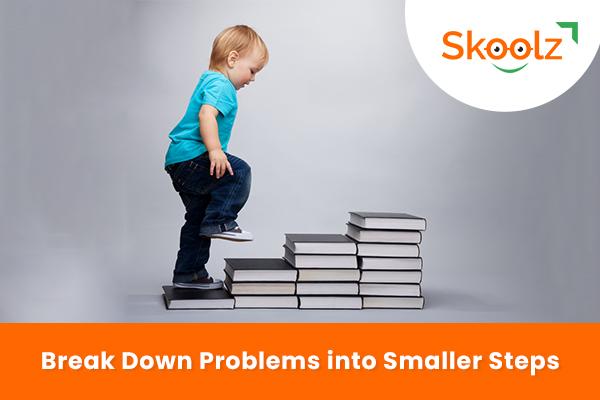
Help toddlers break down problems or tasks into smaller, manageable steps. This approach teaches them to analyze situations, identify the main issue, and strategize on how to solve it systematically.
4. Provide Opportunities for Trial and Error:
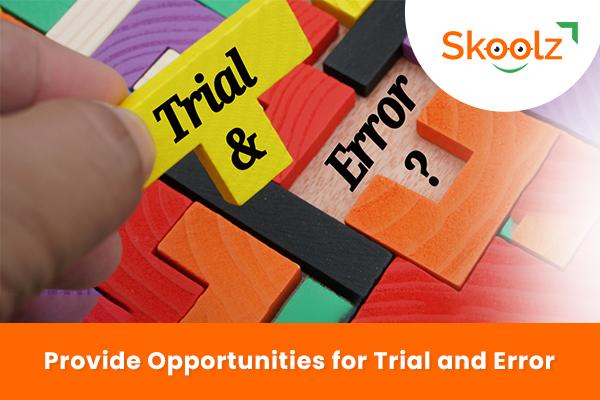
Allow toddlers to experiment and learn from their mistakes. Encourage them to try different approaches, knowing that failure is part of the problem-solving process. Celebrate their efforts and help them see mistakes as learning opportunities.
5. Engage in Pretend Play:

Pretend play provides a rich opportunity for problem-solving. Encourage toddlers to engage in imaginative play scenarios where they must solve problems, make decisions, and think creatively. Join in their play and model problem-solving strategies.
6. Promote Collaboration and Cooperation:
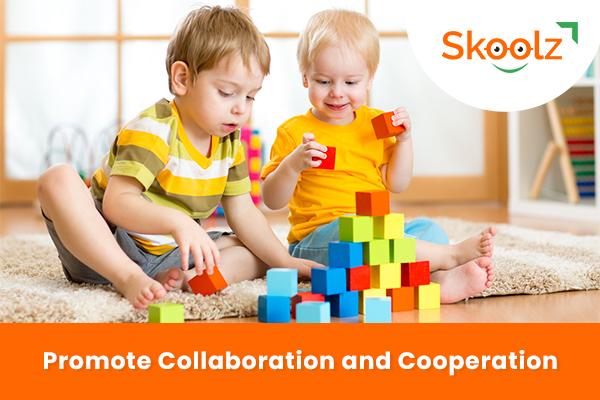
Encourage toddlers to work together and solve problems as a team. Engage them in group activities, such as building with blocks or solving puzzles, that require collaboration, communication, and shared problem-solving.
7. Read Books and Tell Stories:

Storybooks and storytelling present problems and conflicts that characters must solve. Read books that involve problem-solving and discuss the situations with your toddler. Encourage them to come up with their own solutions to the problems presented in the stories.
8. Foster a Growth Mindset:

Cultivate a growth mindset in your toddler by emphasizing effort, perseverance, and the idea that intelligence can be developed through practice and hard work. Encourage them to see challenges as opportunities to learn and grow.
Conclusion
Nurturing problem-solving skills in toddlers equips them with invaluable tools for navigating the complexities of life. By providing engaging activities, fostering independent thinking, and promoting collaboration, parents and caregivers can support their development as confident, creative problem solvers. Embrace the joy of watching your little one tackle challenges head-on and witness their problem-solving abilities flourish.
Learn more about development skills related to toddlers and how to develop them.
 Written by:
Written by:
Swati Sahu
Digital Marketer

Nurturing Little Problem Solvers: Building Problem-Solving Skills in Toddlers
Problem-solving skills are essential for navigating the challenges of everyday life. Even toddlers can begin developing these skills as they encounter various obstacles and puzzles in their early years. In this blog, we will explore the importance of problem-solving skills in toddlers, discuss their benefits, and provide practical strategies to help nurture and strengthen these skills during this formative stage of development.
The Importance of Problem-Solving Skills in Toddlers:
Problem-solving skills empower toddlers to overcome obstacles, think critically, and develop a sense of independence. Here are some reasons why these skills are crucial:
1. Critical Thinking and Reasoning:

Problem-solving encourages toddlers to think critically and analyze situations. It stimulates their cognitive development, promotes logical reasoning, and enhances their ability to make informed decisions.
2. Resilience and Persistence:

When faced with challenges, problem-solving skills help toddlers develop resilience and persistence. They learn to persevere, try different approaches, and overcome setbacks, fostering a growth mindset and a positive attitude toward learning.
3. Creativity and Innovation:

Problem-solving often requires thinking outside the box and generating creative solutions. Toddlers who develop problem-solving skills are more likely to become innovative thinkers, able to adapt and find unique approaches to different situations.
4. Independence and Autonomy:

By developing problem-solving skills, toddlers gain a sense of independence and autonomy. They become more confident in their abilities to overcome obstacles and find solutions on their own, fostering a sense of empowerment and self-reliance.
Practical Strategies to Develop Problem-Solving Skills in Toddlers:
Here are some practical strategies to foster problem-solving skills in toddlers:
1. Encourage Independent Exploration:

Provide a safe and stimulating environment that encourages independent exploration. Offer age-appropriate toys, puzzles, and activities that challenge toddlers to think and problem-solve on their own.
2. Offer Open-Ended Questions:

Engage toddlers in open-ended discussions and questions that encourage critical thinking. Ask "What if..." or "How might we..." questions to stimulate their problem-solving abilities and encourage them to explore different possibilities.
3. Break Down Problems into Smaller Steps:

Help toddlers break down problems or tasks into smaller, manageable steps. This approach teaches them to analyze situations, identify the main issue, and strategize on how to solve it systematically.
4. Provide Opportunities for Trial and Error:

Allow toddlers to experiment and learn from their mistakes. Encourage them to try different approaches, knowing that failure is part of the problem-solving process. Celebrate their efforts and help them see mistakes as learning opportunities.
5. Engage in Pretend Play:

Pretend play provides a rich opportunity for problem-solving. Encourage toddlers to engage in imaginative play scenarios where they must solve problems, make decisions, and think creatively. Join in their play and model problem-solving strategies.
6. Promote Collaboration and Cooperation:

Encourage toddlers to work together and solve problems as a team. Engage them in group activities, such as building with blocks or solving puzzles, that require collaboration, communication, and shared problem-solving.
7. Read Books and Tell Stories:

Storybooks and storytelling present problems and conflicts that characters must solve. Read books that involve problem-solving and discuss the situations with your toddler. Encourage them to come up with their own solutions to the problems presented in the stories.
8. Foster a Growth Mindset:

Cultivate a growth mindset in your toddler by emphasizing effort, perseverance, and the idea that intelligence can be developed through practice and hard work. Encourage them to see challenges as opportunities to learn and grow.
Conclusion
Nurturing problem-solving skills in toddlers equips them with invaluable tools for navigating the complexities of life. By providing engaging activities, fostering independent thinking, and promoting collaboration, parents and caregivers can support their development as confident, creative problem solvers. Embrace the joy of watching your little one tackle challenges head-on and witness their problem-solving abilities flourish.
Learn more about development skills related to toddlers and how to develop them.
 Written by:
Written by:
Swati Sahu
Digital Marketer




